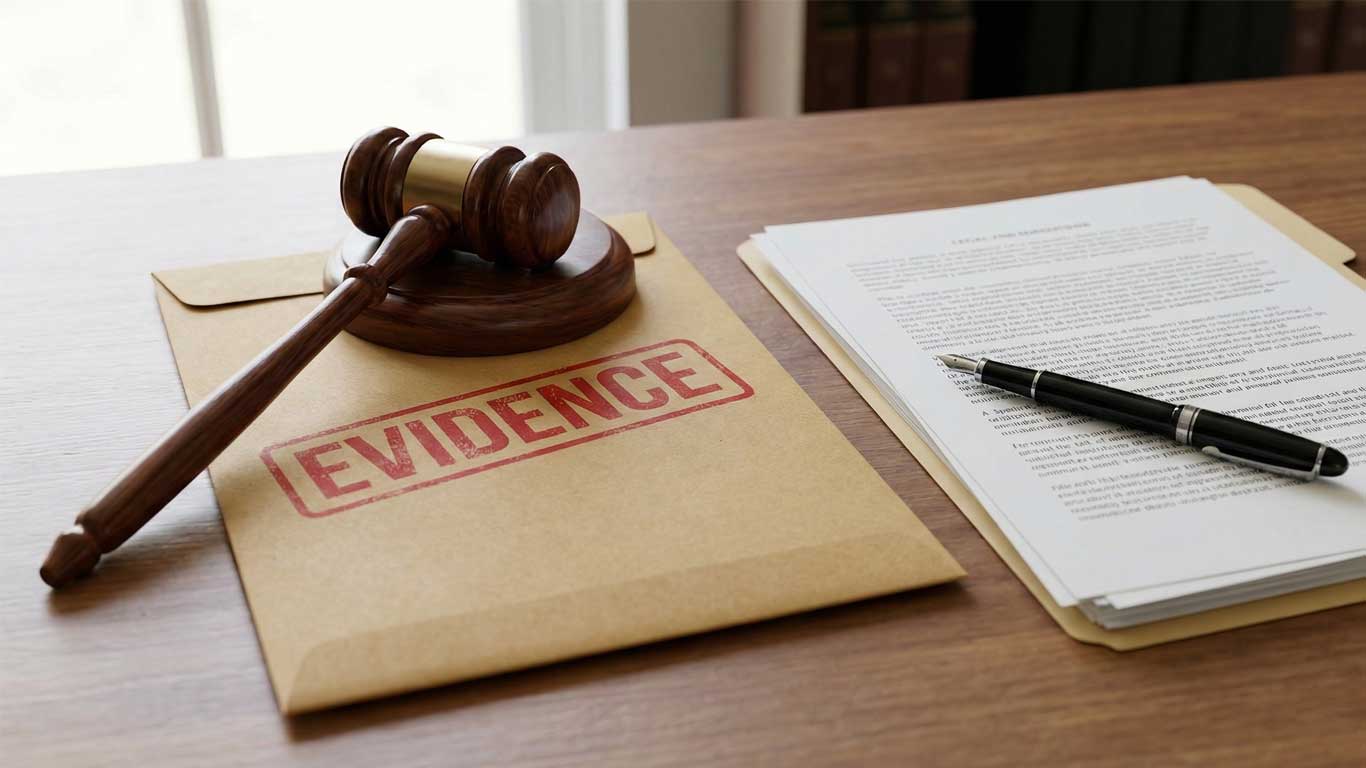
The Seventh Appellate District Court of Ohio has affirmed a lower court’s decision in a case involving Girard Technologies, Inc., also known as Got 2 Go Towing, and its lawsuit against Richard Stiles and others. The dispute stemmed from the operations of a towing company and involved claims of property conversion, the application of gift law, and other legal issues. The court found no reversible errors in the lower court’s rulings and upheld the judgment in favor of the defendants.
Background of the Case
The case revolved around the ownership and transfer of several vehicles and tools used by the towing company. The company, originally owned by Alex Bugno, ceased operations after Alex’s conviction on criminal charges. Following this, Richard Stiles, along with a company called Blood Bros. Trucking LLC, began operating a towing business using a similar name.
The central issue in the lawsuit was the transfer of several “Junk Vehicles” owned by Got 2 Go Towing. The plaintiffs, Girard Technologies, Inc. and Got to Go Towing and Recovery, Inc., claimed that the vehicles were transferred without their knowledge or consent, and they sought to recover the vehicles and other assets.
Key Issues and the Court’s Findings
The court addressed several key issues raised by the plaintiffs in their appeal:
Did the Law of Gifts Apply? The plaintiffs argued that the trial court should have considered whether the transfer of the vehicles could be considered a gift. The appellate court found that this argument was not raised in the initial complaint. Additionally, the court noted that the evidence presented did not meet the legal requirements for a gift, which would require the donor to intend to transfer the title and right of possession.
Was There Conversion of Property? The plaintiffs claimed that Richard Stiles had unlawfully converted their property, specifically the vehicles and tools. To prove conversion, the plaintiffs needed to show they owned the property, that the defendant wrongfully took it, and that they suffered damages. The court found that the plaintiffs failed to meet their burden of proof.
Regarding the “Junk Vehicles,” the court found that the transfers were authorized because Matthew Bugno, as the agent of Got 2 Go Towing, signed the titles. The court emphasized that Matthew’s authority as the agent was established in the record.
Regarding the tools, the court found that the plaintiffs did not sufficiently prove they owned the tools. While Chris Bugno, the stepfather of Richard, testified that the tools were purchased by Girard Technologies, Inc., during his bankruptcy, it was later revealed on cross-examination that the tools were never actually purchased by the company.
Did the Law of Replevin Apply? The plaintiffs also argued that the trial court erred in finding that the law of replevin was not applicable. Replevin is a legal action to recover goods that are wrongfully held. The court found that the plaintiffs did not meet their burden of proof to show they were entitled to the property.
Stacy Ferro, the Notary Public The plaintiffs also argued that the trial court erred in not finding that Stacy Ferro, a notary public, had neglected her statutory responsibilities, resulting in an unauthorized transfer of the vehicles. The court found that Stacy did not violate her duties because Matthew, as the agent of Got 2 Go Towing, signed the title transfers in front of her. Additionally, the court noted that the plaintiffs had not provided any evidence of damages related to Stacy’s actions.
The Court’s Decision
The appellate court carefully reviewed the evidence presented at the trial and concluded that the lower court had not made any errors that would warrant overturning its decision. The court found that the plaintiffs had not met their burden of proof in establishing their claims of conversion, replevin, or any other legal violations.
The court specifically noted that the transfer of the vehicles was authorized and that the plaintiffs did not provide sufficient evidence to support their claims of ownership of the tools or damages.
Implications of the Ruling
This ruling reinforces the importance of providing sufficient evidence to support legal claims. It also highlights the significance of agency relationships and the authority of individuals acting on behalf of a company. The court’s decision provides clarity on the legal standards for claims of conversion, replevin, and the responsibilities of notaries public.